Featured
Poor People In Dubai May Have to Kiss Cars Goodbye
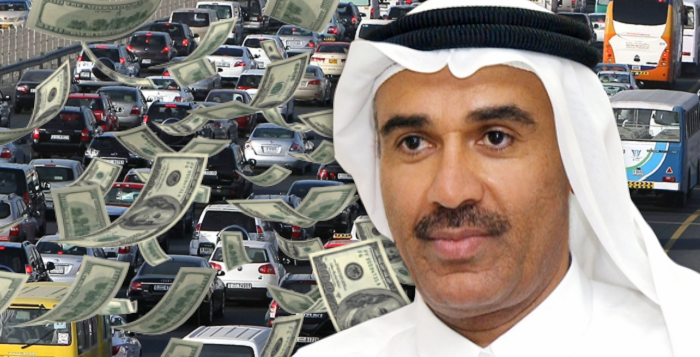
Being poor probably sucks everywhere, but it might just suck even more for the people in Dubai, as the city has announced plans for their latest dick move which would keep poor people off the roads, and prevent them from owning cars entirely.
Dubai’s director general, Hussain Lootah, is the guy heading the operation, and while he has cited a few different reasons for the plan, the main objective is basically to get the poor people off the road to make room for all of the wealthy people. Because, you know, the rich people matter way more than all of those poor assholes trying to get to work on time.
Lootah seems to realize that simply telling poor people they can’t drive anymore would be pretty harsh, so instead, his plan is to make the poor people feel like it’s their fault they can’t own a car. Lootah is talking about jacking up parking fees, fuel costs and insurance prices to make it essentially impossible for poor people to legally own a car.
There would also be a strict salary threshold and anyone that makes anything below the minimum salary amount would be banned from owning a car. There hasn’t been any word of what the minimum salary would be, but I have a feeling that residents making any less than the Dubai-equivalent of six figures would be getting a visit from the repo man.
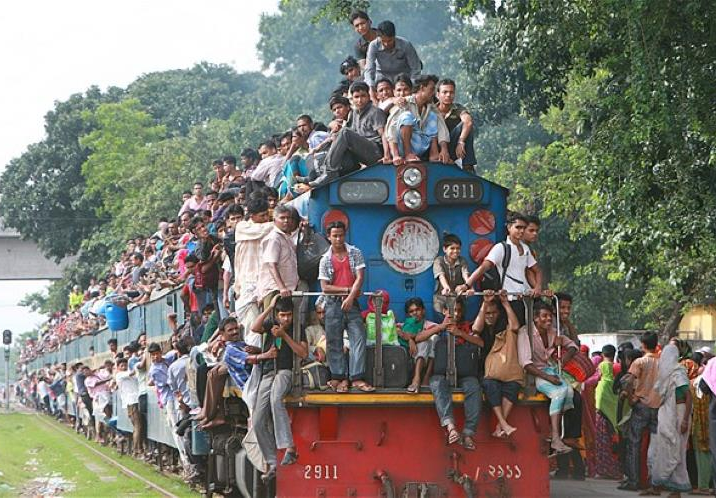
This is probably what the “expanded” metro train system will look like if “Operation Fuck the Poor” is carried out.
The poor need not worry, however. There are still plenty of ways to get around. Lootah has reminded Dubai residents that the city has an excellent public transportation system. The metro train system will be “expanded” soon, but while the poor wait for that project to begin, they can always take a ride on one of the many “luxury buses” cruising around the city.
I can’t help but feel that there are less-dickish ways to go about this problem. The fact that Lootah wouldn’t even give up one lane to the poor people just seems ludicrous. Sure, segregating traffic between rich and poor people would be terrible, but it’s better than nothing. Either way, there just doesn’t seem to be a nice way to say what Lootah is saying. Guy has got some real balls, I’ll give him that.
There’s no word of whether or not “Operation Fuck the Poor” will actually take off, but I’m sure that all of the rich people in Dubai are shelling out disgusting amounts of money to help get all of those useless peasants off the road.
If you find yourself feeling bad for all of the measly poor people in Dubai, just remember that it’s their fault that they can’t drive. If those cheap bastards want to own cars and use the roads, all they have to do is make more money.
It’s really not that difficult.
Featured
Ford Continues to Please Minivan-Skeptic Soccer Moms
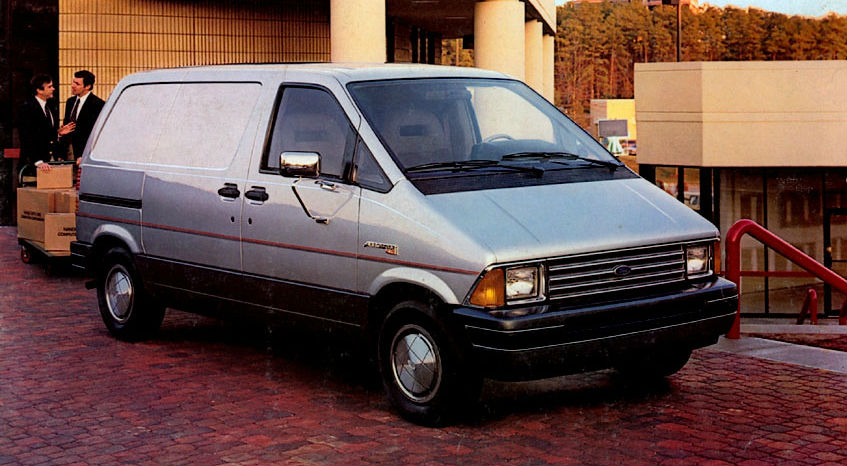
If the words Aerostar, Windstar and Freestar mean anything to you, you know that Ford is responsible for some of the best minivans ever made. Beginning with the first model Aerostar in 1986, Ford’s snub-nosed minivan set the standard of what would be created by automotive manufacturers in this class for decades.
The Aerostar was also the first minivan in the United States to feature upgraded, luxury packages. With an XLT package, and Eddie Bauer trim levels, the Ford Aerostar allowed drivers to bring passengers, cargo and more in style. For the first time, drivers could take advantage of the versatile and reliable minivan platform, without sacrificing comfort and convenience.
Does Ford Still Make a Minivan?
The Aerostar continued in the mid-90s as the Ford Windstar. The Windstar was a complete reinvention, shifting the drivetrain from RWD to FWD, and bringing the flagship minivan more in line with current minivan design. The Windstar became the Freestar in the early 2000s, lasting until the 2007 model year, with the final Ford “Star line” minivan rolling off the assembly line in December of 2006.
While we don’t know for sure what was behind Ford’s decision to discontinue their family-marketed minivan, we can take a guess. For starters, Ford has extended their reputation for reliable cars and trucks into the crossover market. With options covering a wide range of size and seating configurations (everything from the subcompact Ford Ecosport to the boxy family hauler Ford Flex), crossovers have become the new favorite for family vehicles.
Ford’s versatile crossover line has a vehicle that can meet almost any need. Do you have a small family? Go with the popular 2018 Ford Escape. Big family with lots of stuff to haul? The 2018 Ford Expedition has your back.
Although crossovers and SUVs provide some distinct advantages (presence of AWD, higher ground clearance, and uni-body construction), the market for minivans hasn’t completely died, and neither has Ford’s commitment to providing drivers with a competent and compelling option.
Good News: Ford Still Makes a Passenger Minivan
 Although Ford’s marketing has shifted toward promoting their incredible range of crossovers and SUVs as family choices, they still offer a more traditional minivan in the Ford Transit Connect Passenger Wagon. Utilizing the same body construction as the Ford Transit cargo van, the Transit Connect Passenger Wagon features up to 7 seats, and plenty of standard safety and comfort technology.
Although Ford’s marketing has shifted toward promoting their incredible range of crossovers and SUVs as family choices, they still offer a more traditional minivan in the Ford Transit Connect Passenger Wagon. Utilizing the same body construction as the Ford Transit cargo van, the Transit Connect Passenger Wagon features up to 7 seats, and plenty of standard safety and comfort technology.
Lower ride height (easier in and out), sliding doors and greater visibility are among the reasons people still prefer vans for transporting their families. Additionally, the more contoured shape of most crossovers (not looking at you, Ford Flex) means that vans provide better cargo room! Family of four traveling cross-state with three suitcases? A Ford Explorer should be a great option.
Family of six, with a dog and 10 bags going cross-country, however, and the Ford Transit Connect Passenger Wagon starts to look a lot more up to the job.
Ford has a sterling reputation across the spectrum of vehicles they manufacture. Although the Transit Connect Passenger Wagon isn’t among their more well-known, it’s among the most competent and best value options in the minivan class.
Featured
I Wasn’t Always a Dale Jr Fan – But Now I Get It
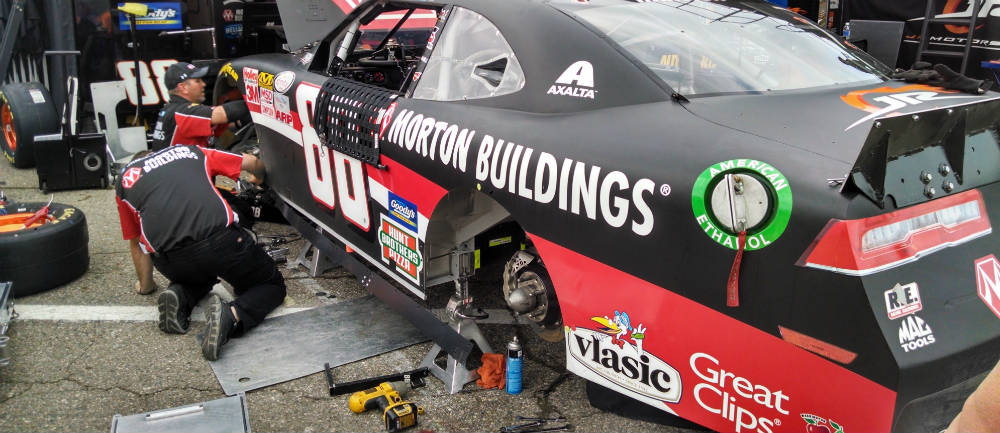
It was the crowning moment of the career of Nascar’s most popular driver. The 2004 Daytona 500. The chosen son, Dale Earnhardt Jr, had won the race that his father tragically died competing in only three years earlier.
Reports of the day say that everyone in the crowd was on their feet, cheering. Grown men were in tears. It was quite the moment, they say.
Well, I can tell you that there was at least one person that wasn’t cheering. That’s because I was that lone defector. (more…)
Featured
The Essence Of 90’s Chevy Truck Commercials

If you ever watched television for more than an hour at any time during the 90’s, you probably remember Chevy’s “Like a Rock” commercials. They aired on just about every channel, so they were pretty hard to miss—and pretty hard to forget as well. Even two decades later the sound of Bob Seger belting out those now-famous words is still shockingly memorable. (more…)
-
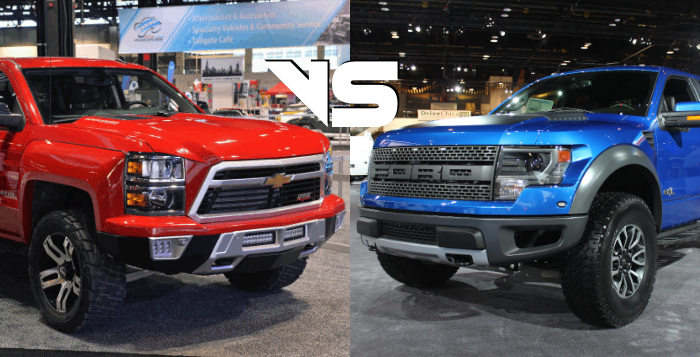
 Comparisons10 years ago
Comparisons10 years agoFord Raptor Has No Reason To Fear The Reaper
-
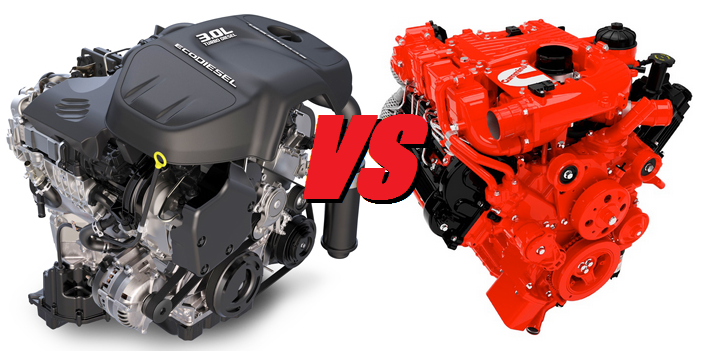
 Comparisons10 years ago
Comparisons10 years agoNissan Titan Diesel Gets Ram 1500 EcoDiesel’s Sloppy Seconds
-
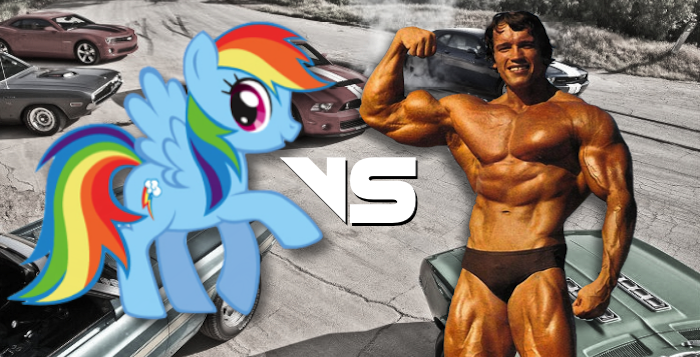
 Comparisons10 years ago
Comparisons10 years agoSettling The Debate: Pony Cars vs. Muscle Cars
-
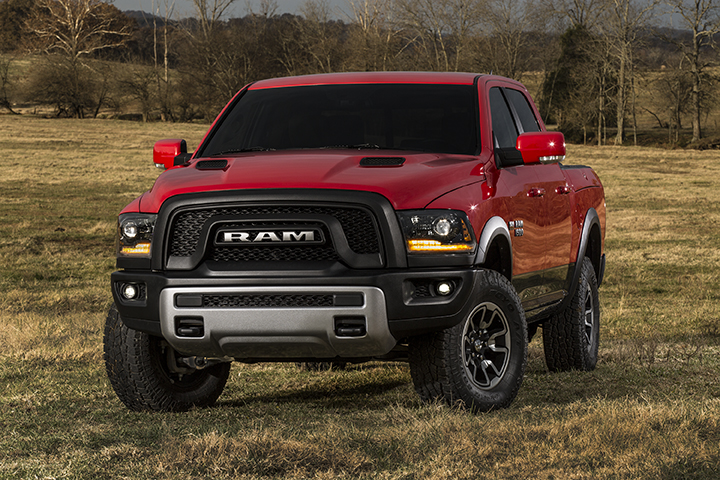
 New Cars9 years ago
New Cars9 years agoThe Ram Rebel Is Coming – But Is It Raptor Competition?
-
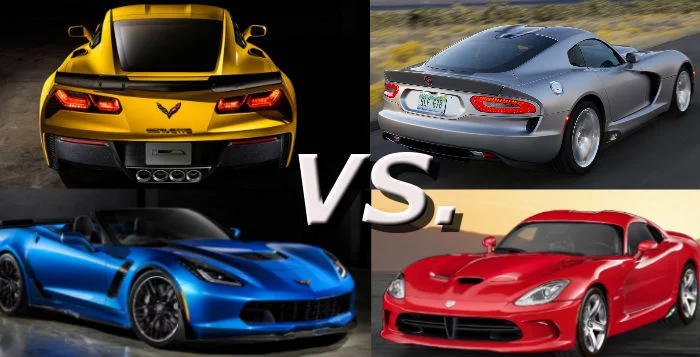
 Comparisons10 years ago
Comparisons10 years agoDid The 2015 Corvette Defeat The Viper In The Battle For Supercar Supremacy?
-
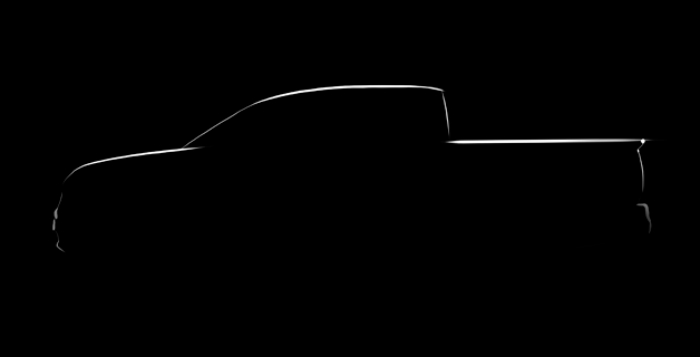
 New Cars10 years ago
New Cars10 years ago2016 Honda Ridgeline Will Need More Than Design Tweaks To Succeed
-
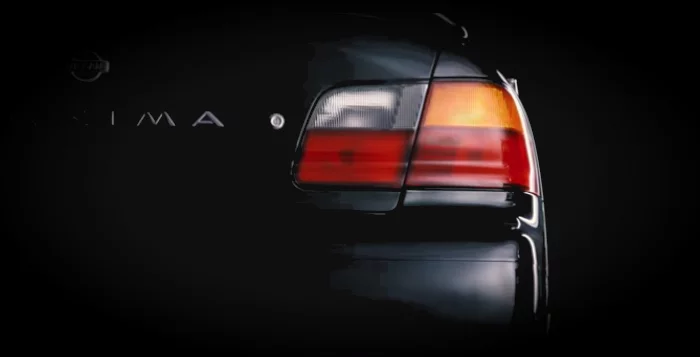
 Hot News10 years ago
Hot News10 years agoNissan Unveils Overhauled Maxima in Genius “Luxury Restored” Sequel
-
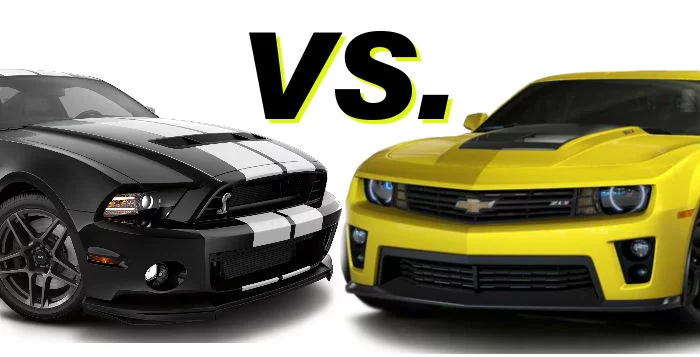
 Comparisons10 years ago
Comparisons10 years ago2016 Ford vs Chevy Battle Could Be The Best Yet


DCM
Feb 26, 2014 at 8:50 am
That is a little sensationalist. Dubai currently has problems with traffic congestion so the idea is to raise the cost of ownership of vehicles in order to encourage more people to use public transport.
The cost of car ownership in Dubai is currently very low so these measures will simply bring it closer to typical costs in developed countries.
This move is similar to somewhere like Singapore, where vehicle licence fees are kept very high, or London, where there is a daily congestion charge for entering the city centre. Measures like this reduce the number of cars on the road. The additional revenue raised can be used to subsidise and expand the existing public transport systems, as Lootah says.
Poor people in most parts of the world can’t afford to drive – it is, after all, a luxury to own and operate a private vehicle. It sucks that poor people will be priced off the road, but it is either that or suffer with the massive congestion the city is currently experiencing, and that doesn’t help anyone.
Essa
Dec 6, 2020 at 2:04 am
Traffic is a big problem in Dubai especially in Mirdif so this is a good move
From lootah
Car ownership is just one way of doing it
Jun 25, 2014 at 9:49 am
In other parts of the world, less effluent people have choice of walking, cycling or different public transport. I am not so optimistic about the sustainable transport in Dubai. This is not because Dubai don’t have metro or cycling facilities. A few news headlines about public transport didn’t change the deep rooted institutional obstacles in Dubai’s city planning. Everywhere we turned, the urban streets and fine grain have been changed to ‘Dubai standard’ – highway standard. R…ridiculously higher than our common sense about a urban street – 8-10 lane with huge utility easement. This simply makes Dubai a very hostile walking/cycling environment. So when the poor people are forced to the alternative transport, they have to deal with very dangerous roads, scorching heat and boring highway landscape between the destinations. Most Dubai metro stations take more land than needed so people have to walk a long distance. All these really defeat the purpose of building public transport in the first place. To encourage people use public transport, you have to make a city nice to walk around first. If Dubai keeps building highways, who wants to walk?